Online Safety
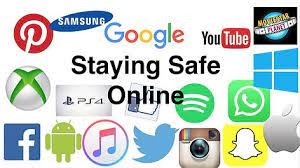
As technology advances, we recognise that the internet and the way that society uses the internet can be an immensely powerful and positive means of communication. We know that there are many benefits for our young people in using the internet and other technologies to enhance their learning across the curriculum and their understanding of the wider world and how they interact with one another. However, we also recognise internet access can bring with it the possibility of placing pupils in inappropriate and challenging situations.
In order to ensure that our pupils are digitally aware and are as safe as possible, we teach specific e-safety lessons as part of out computing curriculum. E-safety rules are displayed and referred to frequently and all children in KS1 and KS2 sign an AUP to help keep them safe online. This highlights how children must always tell an adult if they see anything online they don’t like and how to report a problem.
We participate in e-safety events during the school year, such as Anti-bullying Week AND Safer Internet Day to raise the profile of internet safety and to further equip children with the skills and knowledge they need to use technology appropriately and responsibly. We also share online safety guides regularly in our weekly newsletters.
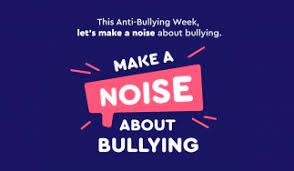
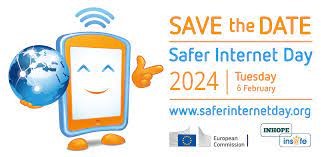
We have a range of security measures to ensure all children are safeguarded whilst learning online in school. This includes a secure school network design and robust monitoring and filtering systems.
We advise that parents / carers talk to their children about how they can use the internet in as safe a manner as possible whilst at home, as this is often a way children communicate with their peers when outside the school setting. We ask that parents / carers remind children about speaking politely and being kind to others when they message online and to check their child’s devices to ensure that messages are appropriate.
Please remember, that whilst you can educate your child on the safest way to use the internet, it is impossible to make it completely safe. It is therefore important that you encourage your child to report a problem to yourself or to school. We highly recommend open and honest dialogue between home, school and the child as the most effective and proactive measure to keeping children safe online.
Parents can find further guidance on keeping children safe online from the following organisations and websites:
Monitoring of websites accessed can be achieved by checking browser history, but if you would like more detailed reports of sites visited or sites your children have attempted to access, you could download a web protection tool. K9 is one such free tool.
All mobile phones have parental control options, but they are not always switched on by default. Please follow the link below for more information about these settings.
Inappropriate material can be reported to your network service provider. More serious inappropriate contact should be reported to the Child Exploitation and Online Protection Centre (CEOP) who have a dedicated ‘Report Abuse’ button. Please see link below.
Online Protection Centre (CEOP)
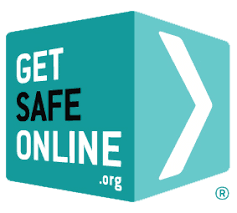

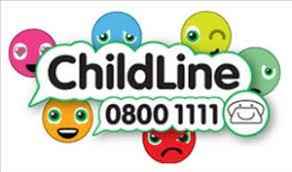
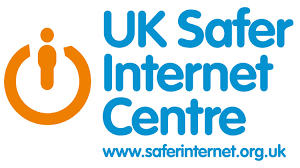
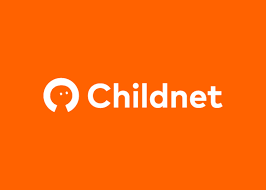
Childnet - Parent and Carers Resource Sheet

Find some more advice on how to keep children safe online below.
